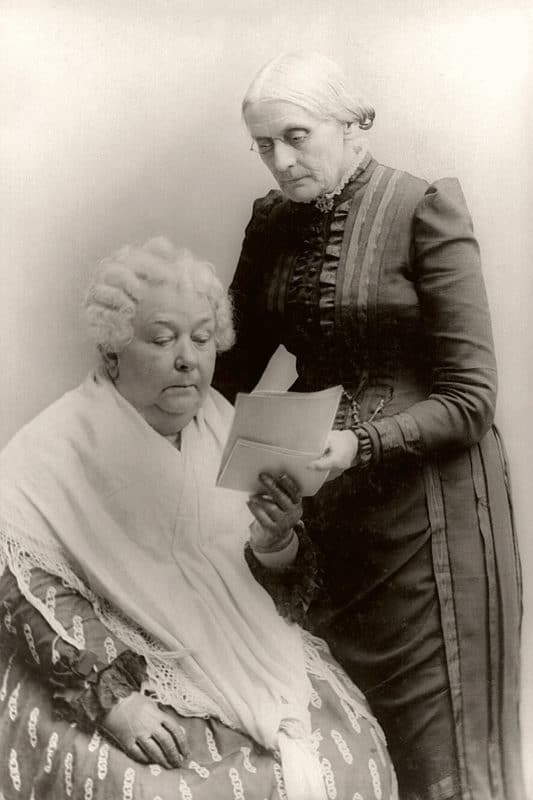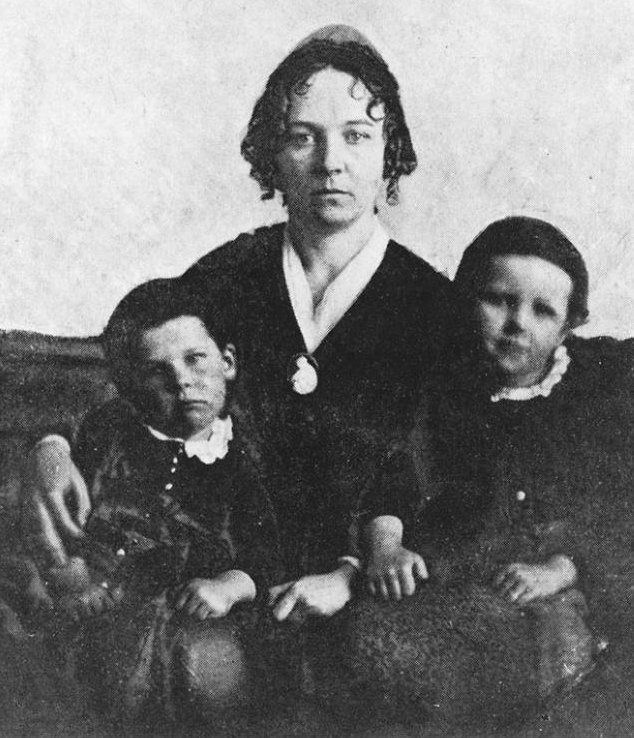George Washington swept into office as our country’s first President without getting a single vote from a woman citizen. Nearly a century later, Abraham Lincoln also moved into the White House and also racked up exactly zero votes from the female population. It’s not that either man took unpopular positions on issues of importance to women: It’s because, as strange and archaic as it sounds to us today, women did not have a legal right to vote. Their right to cast a ballot didn’t become part of the U.S. Constitution until 1920, when three-quarters of the states ratified the 19th Amendment.
Much of the momentum toward that historic ratification began 72 years earlier in Seneca Falls, New York, where women’s suffrage activists gathered for the first women’s rights convention, held over three days in July of 1848. When they were done, they’d approved a document based on the Declaration of Independence, calling it the Declaration of Sentiments. Written largely by suffragist leader Elizabeth Cady Stanton, the Declaration was greeted by much of the American public with significant hostility–so much so that some of the original 100 signers of the document later removed their names from it.

Like the U.S. Declaration of Independence, it begins by claiming the equality and unalienable rights of all people, regardless of gender. What follows is an excerpted list of injustices that women of the time were subject to:
“The history of mankind is a history of repeated injuries and usurpations on the part of man toward woman, having in direct object the establishment of an absolute tyranny over her.”
- He has never permitted her to exercise her inalienable right to the elective franchise.
- He has compelled her to submit to laws, in the formation of which she had no voice.
- Having deprived her of this first right of a citizen, the elective franchise, thereby leaving her without representation in the halls of legislation, he has oppressed her on all sides.
- He has made her, if married, in the eye of the law, civilly dead.
- …to read in its entirety, and for more info, click here.

The women of Seneca Falls, knowing the road ahead would be a long and difficult one, added this to underscore their determination:
“In entering upon the great work before us, we anticipate no small amount of misconception, misrepresentation, and ridicule; but we shall use every instrumentality within our power to affect our object.”
WomensVote100.shop – Celebrate the 2020 centennial of the 19th Amendment by supporting the work of WomensVote100.org. The shop opens Friday, Nov. 29, 2019.


